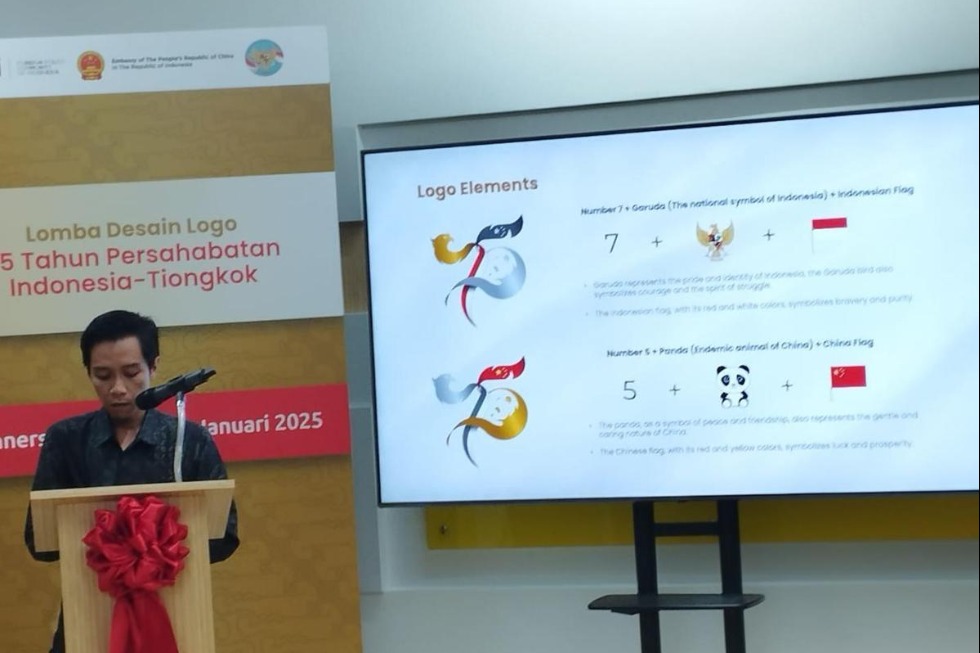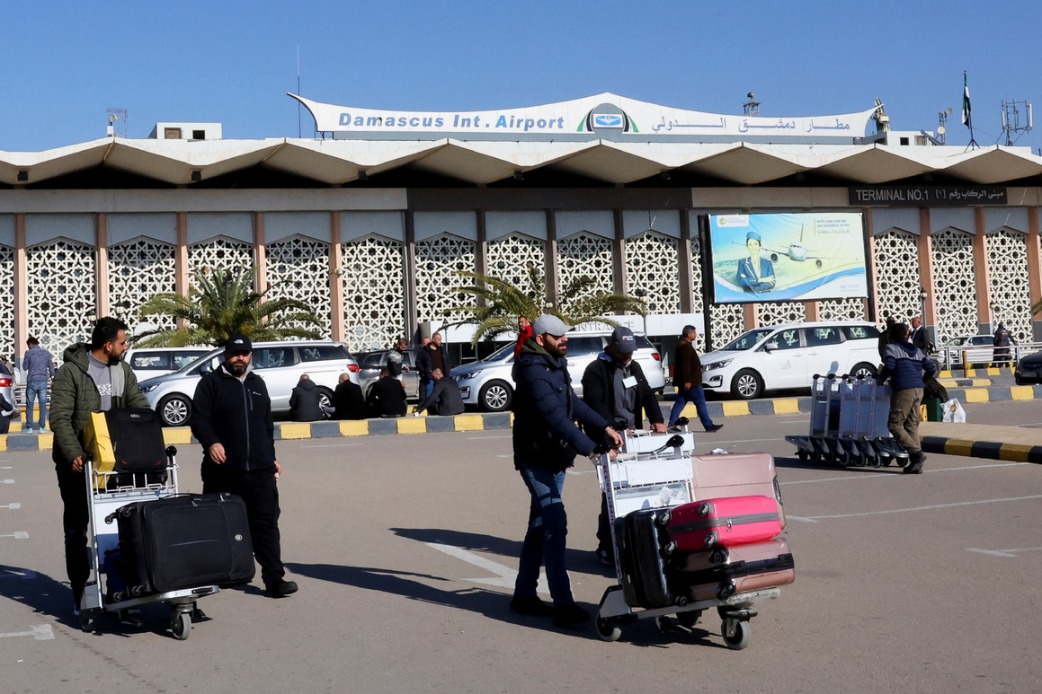China helping Africa build development track over debt trap


BEIJING, Sept 11 - It used to take more than 10 hours to travel from the Kenyan capital of Nairobi to the African country's major port city of Mombasa, whether by train on a colonial-era railway or by bus on the potholed highways.
Now with the China-built Madaraka Express, a 472-km standard gauge railway (SGR) put into operation in May last year, it is a breezy five-hour train ride between the pair of Kenyan hubs.
It is not just the commuters and tourists who are reaping the benefits. More importantly, the China-funded project, which epitomizes the Asian country's win-win partnership with Africa, is helping lay the track for Kenya -- and the broader continent -- to bypass the so-called "debt trap" and achieve self-reliance and sustainable development.
Commerce along the SGR is revving up, and the Kenyan economy is also getting a lift. The constructor of the modern railway, China Communications Construction Company, said in its 2017/2018 corporate social responsibility report that the SGR project has boosted Kenya's GDP by some 1.5 percent, a prediction Kenyan President Uhuru Kenyatta made in 2015.
In addition, by creating tens of thousands Kenyan jobs, significantly reducing logistic costs and facilitating an upgrade in the local workforce's skills, it has helped the African country firm up the foundation for future growth, which is essential to repaying the debt from development financing.
These facts stand as eloquent testimony to the commitment of the world's largest developing country to cementing its equality-based, mutually beneficial partnership with the continent with the largest number of developing countries, and give the lie to allegations that China is ensnaring African countries in predatory debt.
Indeed, Chinese investment in Africa has been rising notably over recent years. At the end of 2009, the total sum was 93.3 billion U.S. dollars. Now it is more than 100 billion dollars, covering almost every single country on the continent. And as China-Africa cooperation grows broader and deeper, the Asian country has become an important source of financing for African nations thirsty for funds to fuel their development.
But that in no way means China is luring any country into any kind of "debt trap." Few would disagree that funding is the lifeblood of development. China has been infusing badly needed blood into Africa's development. And by building infrastructure and improving Africa's labor force, it will eventually help the young continent create enough of its own blood cells to sustain healthy development.
A closer look at Africa's debt picture also helps prove that such accusations are pure fabrication. For starters, Africa owes far more debt to Western countries and institutions than to China.
According to a study by the China Africa Research Initiative at the Johns Hopkins University School of Advanced International Studies, China provided 114.4 billion U.S. dollars in loans to Africa from 2000-2016, which accounted for a mere 1.8 percent of Africa's total external debt. Today, around 36 percent of African debt is owned by the International Monetary Fund and the World Bank.
Secondly, Chinese loans are mostly concessional, with long maturities and low interest rates. They are primarily aimed at helping power the continent's economic take-off and long-term development, rather than pursuing short-term steep returns.
Thirdly, Africa's debt issue is to some extent overblown. Although it is certainly right to be cautious, it is unnecessary and counterproductive to exaggerate it.
According to a UN report released in April, the average debt-to-GDP ratio among the countries of Africa is 32 percent. In comparison, the index in some developed countries and emerging-market economies is 70 percent to 80 percent; in Japan it is a whopping 250 percent.
Thus there is no need to scare the countries of Africa away from reasonable borrowing, especially from lenders like China. The Asian country understands Africa's needs better than most because of similar historical development phases, attaches no political strings to its loans, and treats African countries as equals.
Given that, these "debt trap" assertions are either ill-informed or ill-intended. They might make headlines in some newspapers, but they have no market among those with clear eyes and sober minds.
At the 2018 Beijing summit of the Forum on China-Africa Cooperation (FOCAC) held last week, African leaders dismissed claims of a debt trap. South African President Cyril Ramaphosa said FOCAC "refutes the view that a new colonialism is taking hold in Africa, as our detractors would have us believe." Rwandan President Paul Kagame, who also holds the rotating chair of the African Union, said the "debt trap" hype is an attempt to discourage Africa-China interaction.
Thus it is time to stop smearing China-Africa cooperation. Should those finger-pointers really care about Africa's future, they need to abandon their bias and join China to help the land of hope -- with good faith and concrete action -- to chase its development dream.
China is Africa's true development partner. As Chinese President Xi Jinping said at the FOCAC summit, not only has China always respected and supported Africa, but it also welcomes and backs all initiatives that meet the continent's interests.
Without a doubt, Africa will, with sincere and strong support from China and the broader international community, be able to manage its balance sheet and create its own economic miracle.

































